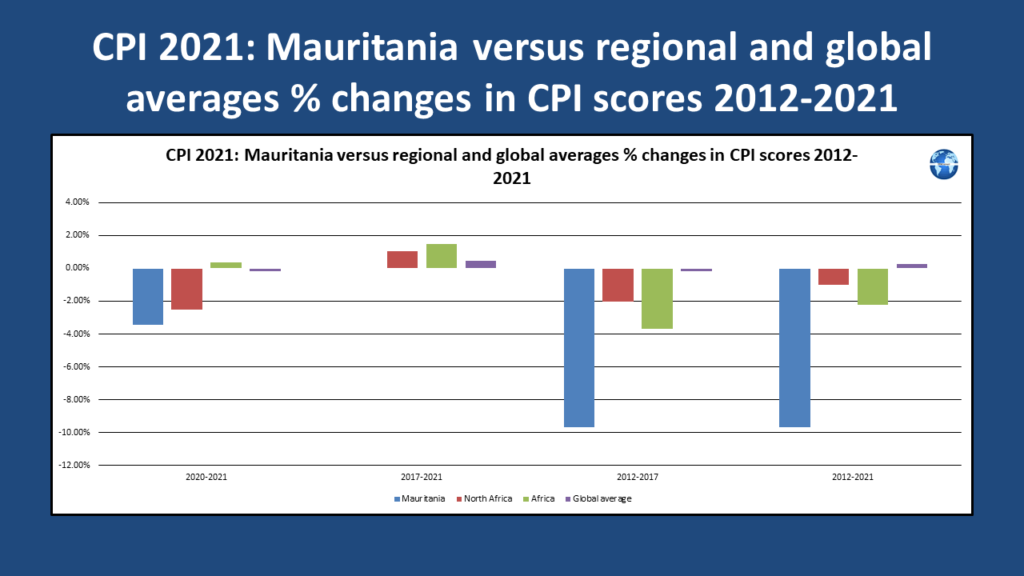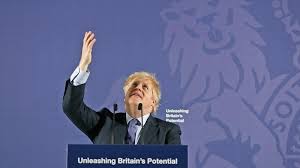A general election campaign shortlist

By David Fellows
Achieving the PM’s five priorities for 2023 will not win the general election although, having committed to them, failure to deliver will surely finish him. Raising the corporation tax in the next budget would also be destructive. But people do understand that resolving the complex problems facing the country is crucial to their wellbeing and the PM’s abilities to master detail and strategy are seen as relevant to this task. His families’ wealth is no major stumbling block.
The real question is whether the PM has the character and communication skills to confront the issues and provide the leadership that will deliver a future to be proud of.
I suggest the PM has five major issues to address convincingly and that he must start immediately.
1. Economic growth (reference in five priorities speech too limited and must be revisited)
- Productivity improvements to improve wages, address the labour shortage, provide the profits for investment and create higher tax revenue to finance tax incentives, infrastructure development, tax rate reductions and necessary levels of social provision.
- Investment in technology and innovation incentivised by tax allowances is an important aspect of a productive ecology. Added to this a simplified tax code and reform of tax administration is critical for small businesses and self-employed, it is even important to enable larger companies to be motivated by the tax incentives that are available to them.
- Government procurement could be used more proactively by giving advance notice of likely opportunities, engaging with suppliers on product design and tender process development and supporting the development of small businesses.
- The levelling-up agenda should be reduced to its basic form of regional economic development which is the basis of almost all forms of regional prosperity. It is essential that the hitherto enormous preference shown to the London, Oxford and Cambridge area is redressed. This must include including special tax incentives for business investment in the regions and for collaborative ventures between nearby businesses, greater investment by higher education institutions in support for regional businesses (including inward investment in new technology), greater availability of specialist start-up incubators and greater concentrations of advanced technology centres working in partnership with local businesses.
- Higher and further education should be seen primarily as providing the route to a good life, an interesting occupation and the use of innate skills. The cost of a university education is outrageous compared to the benefits in most cases and the debt represents a barrier to home ownership, family life and community development. Universities must become more closely aligned with national economic priorities. Similarly, further education must reach out to employers and employees to an extent that has so far eluded most institutions. The contribution that this sector should play in the field of innovation and business development lies far from current experience. The private sector should also be challenged to match this with its own efforts to improve skill transfer and mutual support within business specialisms.
- Business regulation must be overhauled to attract and incentivise private sector businesses. This requires careful prioritisation and cooperation between business sectors and Government. Clearly much groundwork has been done and must be followed through.
I have dealt with these issues elsewhere in greater depth. Amongst other things it should be regarded as a programme of national resilience that emphatically embraces agriculture. The issues are given impetus by the need for a robust response to the US Inflation Reduction Act.
2. Green energy
Realism is urgently required about the speed and direction of the green energy revolution. There are more friends than enemies to be won by softening some of the shorter timescales and some of the specifics. Realistic solutions are required to shared ambitions. There is also an urgent need to prevent arbitrary local regulations and penalties, including road use charges for carbon emitting vehicles. Any such practices must be confined to nation-wide schemes to facilitate ease of travel and trade throughout the country.
3. Housing and families
The scope for local authorities to refuse planning permissions for housing must be reduced, time taken for allowable interventions must also be limited. The scope for building on greenbelt land should be increased. Government cannot continue to wash its hands of this vital issue and MPs intending to fight the next election must accept a firm approach. Admittedly this requires a reversal of policy but it is a matter of economic and social good sense. To do otherwise would be an affront to the younger generation. This goes hand in hand with the urgent need for refinements to childcare regulations.
4. The structure, character and management of the civil service
The civil service lacks modern corporate accountability. Officials can too easily assert departmental policy and standards leaving unwary politicians powerless. The perpetual whirligig of ministerial change does not help this situation. The current internal battle being waged with the Secretary of State for Justice could be read as a struggle for departmental control and has serious implications for the UK’s current constitutional arrangements. Reform is urgently required, a manifesto commitment is necessary to provide a mandate. It could just become a strong issue for this PM.
5. NHS reform
I do not suggest offering specifics for NHS reformas there is insufficient time before the next general election for the research and development required. Instead there should be a clear promise to give prominence in the new parliament to the challenges facing the NHS and approaches adopted by other first rate healthcare systems around the world. This would result in a white paper introducing an incremental reform package that would repair NHS deficiencies whilst giving it space to breathe by encouraging a larger role for alternative forms of provision.
This agenda is designed to confront serious national challenges and reassure the electorate that beneficial changes will ensue. Without a platform that allows the PM to demonstrate the relevance of his strengths the Opposition may find itself in power without having detailed a single major policy change. Now that could result in ‘chaos’.
David Fellows worked extensively in UK local government, was a leader in the use of digital communication in UK public service and became President of the Society of Municipal Treasurers. He was subsequently an advisor on local government reform in the UK Cabinet Office and an international advisor to the South African National Treasury. He is a director of PFMConnect, a public financial management consultancy, and a regular commentator on issues of public policy and finance at home and abroad.

